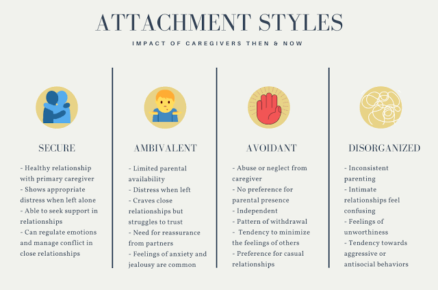
When you visit a doctor for a medical consultation, you expect fair treatment and that the advice they give you is correct. Unfortunately, this is not always the case, and this results in claims of medical negligence and malpractice.
The legal elements of a medical negligence or malpractice claim require that a doctor knowingly had a requirement to care for you adequately and failed to do so. This can result in complex situations where a doctor may be guilty of malpractice without intending any harm.
Regardless of the cause, you deserve the proper treatment for your health concerns and anything less may be considered malpractice. To understand if your poor medical experience applies, we’ll go over the most common situations that involve medical malpractice now.
Incorrect Diagnosis
One of the most frequent causes of medical malpractice is an incorrect diagnosis.
Doctors are medical experts and they are supposed to use their knowledge and experience to accurately identify health conditions you have. That said, health conditions are not always obvious to identify direct causes for and a doctor has limited information they can work with.
Additionally, health conditions can be incredibly complex and a doctor may not always know what your condition is. These are not situations of malpractice or negligence.
Where malpractice comes into play is when a doctor should be able to identify your condition and does so improperly. A good example of this is being misdiagnosed with cancer when you have a much less serious condition in reality.
Not only is an incorrect diagnosis problematic, but a failure to diagnose can also pose as malpractice. Failing to identify a condition promptly can easily result in it worsening and causing further health complications.
With this in mind, a bad diagnosis from a medical practitioner is likely malpractice if another similarly skilled doctor would have performed differently.
Inadequate Treatment
Closely related to incorrect diagnosis is improper or inadequate treatment.
How you are treated is determined by what your condition is. If your condition is diagnosed incorrectly, it is simple to see how you might receive the wrong treatment. Receiving no treatment at all is also a possibility.
Alternatively, you can be diagnosed correctly but still receive poor treatment. This usually happens in the form of being prescribed the wrong medication or dosage and seeing no improvements to your health.
If you received medical treatment in any fashion that didn’t fit your condition, then this is likely grounds for medical malpractice.
Surgical Procedures
Some conditions require surgery to fix, but sometimes these procedures are not always straightforward.
With any surgical procedure, there is a chance of it going poorly. Perhaps a surgeon makes a mistake and cuts too deep or accidentally nicks an artery. This can have devastating effects on you and your ability to recover.
There can also be complications with anesthesia during your surgery. If administered poorly, you may be conscious during portions of your surgery and experience significant pain.
On the other hand, the procedure may have been entirely unnecessary. This happens most often with an incorrect diagnosis that indicates surgery as the best course of action.
Many problems arise regarding surgery and they are all situations of malpractice if not properly avoided.
Lack of Consent
Lastly, malpractice may occur when consent is not reached by you as a patient.
When a doctor decides to treat you, they have a responsibility to keep you informed of what they are doing. You have the right to know how you are being treated and decide whether you will participate in treatment. In turn, this creates two primary complications.
Firstly, you may be treated without agreeing to it. This can be quite scary when you don’t know what’s happening to you and there’s no clarification as to why.
The other problem is that you may be treated without fully understanding the extent of the treatment. Some treatment plans come with side effects that you must be warned of before participation.
This means that a doctor must receive informed consent from you as a patient before administering any treatment. Failure to do so is unfair and seen as medical malpractice.
Closing Thoughts
Medical negligence and malpractice are extremely difficult situations where your expectation of care is violated. Doctors and other practitioners must only operate in ways that ensure the better health of their patients. Failing to uphold what is reasonably expected of another doctor in the same situation can be seen as malpractice.
In particular, medical negligence and malpractice present themselves in a few common ways. This includes an incorrect diagnosis, improper treatment, complications during surgery, and not receiving informed consent.
Health can be a difficult topic to address and you expect the correct information and treatment when visiting a medical professional. If this doesn’t happen, consider reaching out to an experienced medical malpractice lawyer to see if a lawsuit is the proper avenue for compensation. Read more











